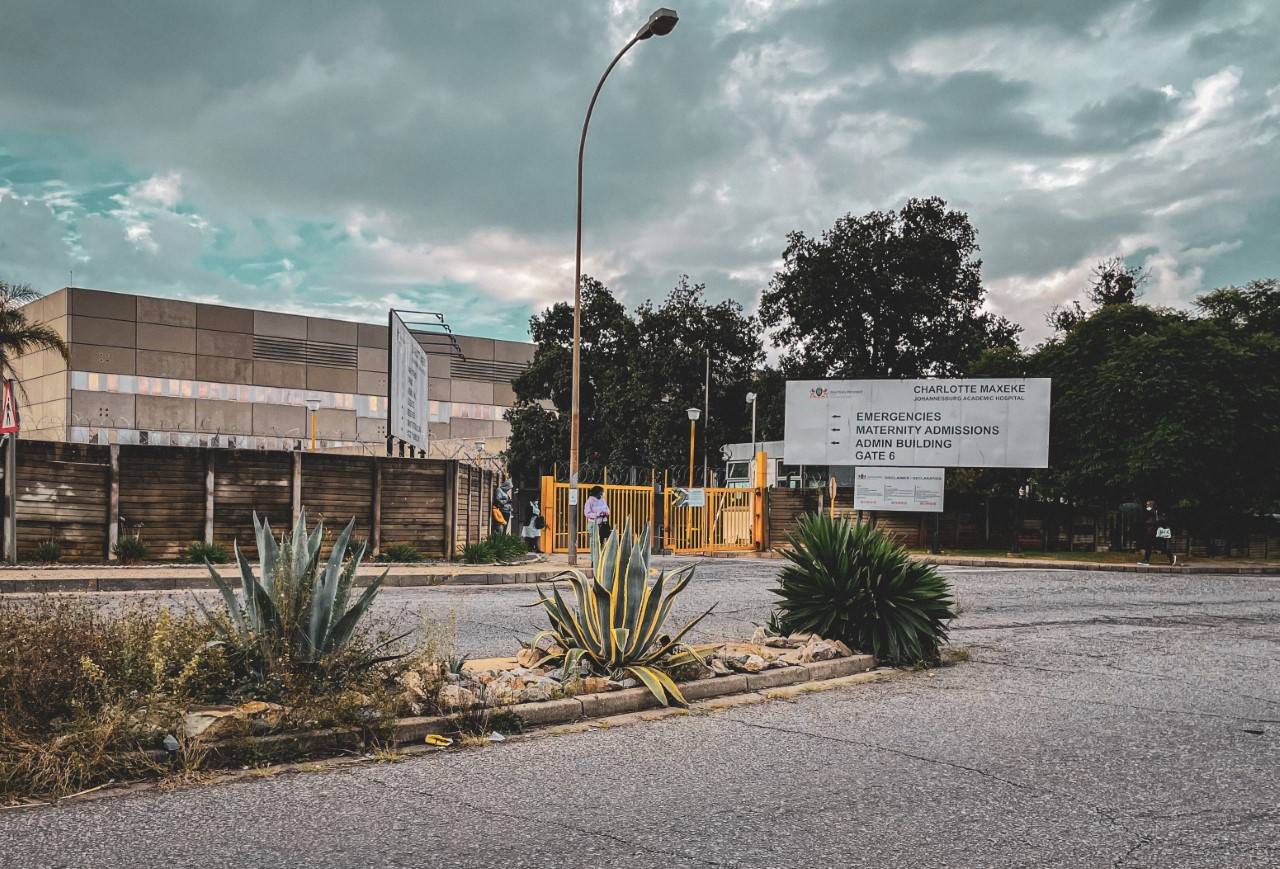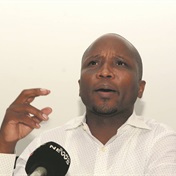
A Thursday parliamentary hearing in Cape Town brought questions surrounding the country’s energy crisis, with President Ramaphosa countering queries on the Minister of Public Enterprise’s appeal against the Pretoria High Court's decision to exempt schools, hospitals and police stations from load shedding.
Inkatha Freedom Party parliamentarian Narend Singh questioned the president on the appeal — referencing the importance of electricity at these institutions. He said:
READ: Government forced to shield schools, police stations and hospitals from loadshedding
Ramaphosa responded with a description of the mechanics of the electrical grid and the necessity of rolling blackouts to ensure it doesn’t collapse. He said that from an engineering perspective, excluding these places from load shedding was “practically impossible”.
“So now, we are faced with a court judgment and the impracticality of the process,” Ramaphosa said. “It is not being done in an arrogant way, in a way where we are trying to second guess the court. It is actually being done to ensure that we save the grid from otherwise collapsing.”
A class action lawsuit spearheaded by the United Democratic Movement attempted to hold the public enterprises minister, Pravin Gordhan, accountable for electricity shortages in essential institutions last week. The Pretoria High Court gave the minister 60 days to exempt these buildings from load shedding — citing human rights violations enshrined in the country’s Constitution, which holds access to education, healthcare and security as essential to South African citizenship.
The ministry of public enterprises released a media statement on Monday, stating Gordhan’s intention to appeal the decision:
READ: Maimane launches petition against Gordhan's 'crazy' load shedding exemption appeal
Thursday’s parliamentary hearing considered the broader scheme of the energy crisis, which boils down to adding sufficient megawatts to the grid to effectively end load shedding — a practice Ramphosa said has always been a “last resort.”
The transition to renewable energy through South Africa’s Just Energy Transition Investment Plan implemented earlier this year will take place over five years. According to Ramaphosa, the more immediate need in avoiding a grid collapse is emergency energy procured from other countries.
The president added that other African countries had used emergency energy imports to solve their energy problems.
“We need emergency power… (that process) has been stopped by nongovernmental organisations,” he said. “Environmental issues have been raised, and that is what has put the brakes on what I would call immediate emergency power.”
The procurement of fossil fuels for emergency power is an interim solution, Ramphosa stated.
“We are waiting for the construction of the other renewable energy sources, as well as the revamping or the repair of our baseload coal-fired power stations.”
South Africa’s mining industry was discussed at the hearing after the President’s mention of a recent ore discovery in the Northern Cape. Magnetite is a rock with minerals that, according to Ramaphosa, are mapped to fulfil the JET IP in South Africa’s transition to a green economy.
READ: Eskom seeks to lessen pressure on its system amid rolling blackouts
Democratic Alliance leader and parliamentarian John Steenhuisen responded by saying the mining sector was “ailing” and questioned whether the president supported the expropriation of mines.
Ramaphosa said:
For now, the office of the president is focused on jumpstarting the electrical grid and ensuring a green energy transition is achieved through its own standards — not that of other nations in the global north that are responsible for most of the world’s fossil fuel emissions.
Ramaphosa claimed South Africa’s responsibility as being the biggest fossil fuel emitter on the continent.
“We, like other nations, have to make our own decisions and contribute to ensuring that we lower climate change,” he said.




 Publications
Publications
 Partners
Partners









